Non-ham Signals on 160 Meters
Art Bernstein, N2KA, writes on the Yankee Clipper Contest Club mailing list:
Some time ago I posted a bit concerning whether or not anyone was hearing a signal on 160 meters, just at and above the FT8 frequency of 1840 kHz. I received some suggestions and also that no one else was hearing it.
After doing a lot of eliminating around the shack and determining it was coming from the outside, I did some research to find out who transmits on 160 meters in addition to Radio Amateurs.
What I found was interesting and brought back some memories from years ago I had never experienced.
Fishnet Buoy Beacons. For those not knowing what they are, they are buoys that help fishermen locate their nets that have been left to catch fish. I would have thought GPS would be used these days. These beacons typically have a range of 10-15 miles over salt water and I probably live around 10 miles or less from the salt water. Normally it wouldn’t be a problem when using narrower bandwidths on CW or SSB, but on FT-8 bandwidths are typically 3-5 kHz wide. At night the zero beat frequency is about 1841.35, during the day I just checked it to be a couple hundred Hz higher (drift due to heating?)
Anyone have any ideas regarding procedures to follow here? It is likely an unlicensed radiator interfering with a licensed service. It has no identifier. Already sent message to ARRL Regulatory desk and to Division Leader.
Thanks.
73,
Art., N2KA
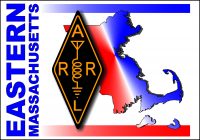
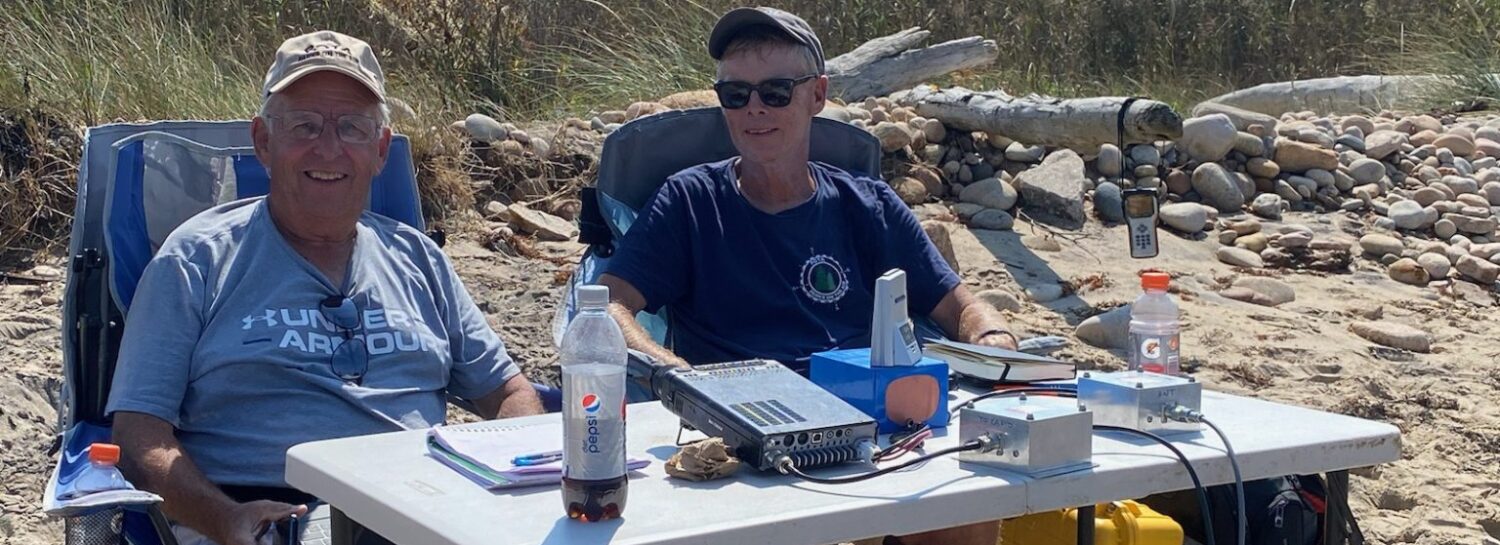
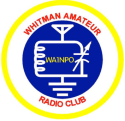


 Two day course: SAT-SUN June 20-21, 12:00-6:00 pm Eastern Time each day
Two day course: SAT-SUN June 20-21, 12:00-6:00 pm Eastern Time each day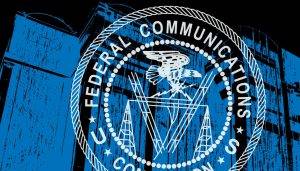
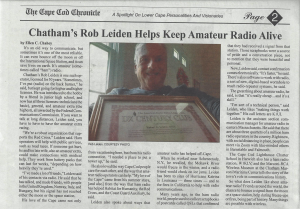
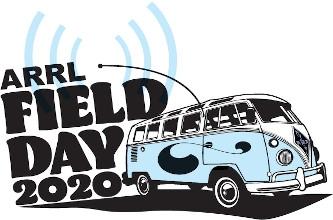 Eliot Mayer, W1MJ, writes on the Waltham ARA mailing list:
Eliot Mayer, W1MJ, writes on the Waltham ARA mailing list: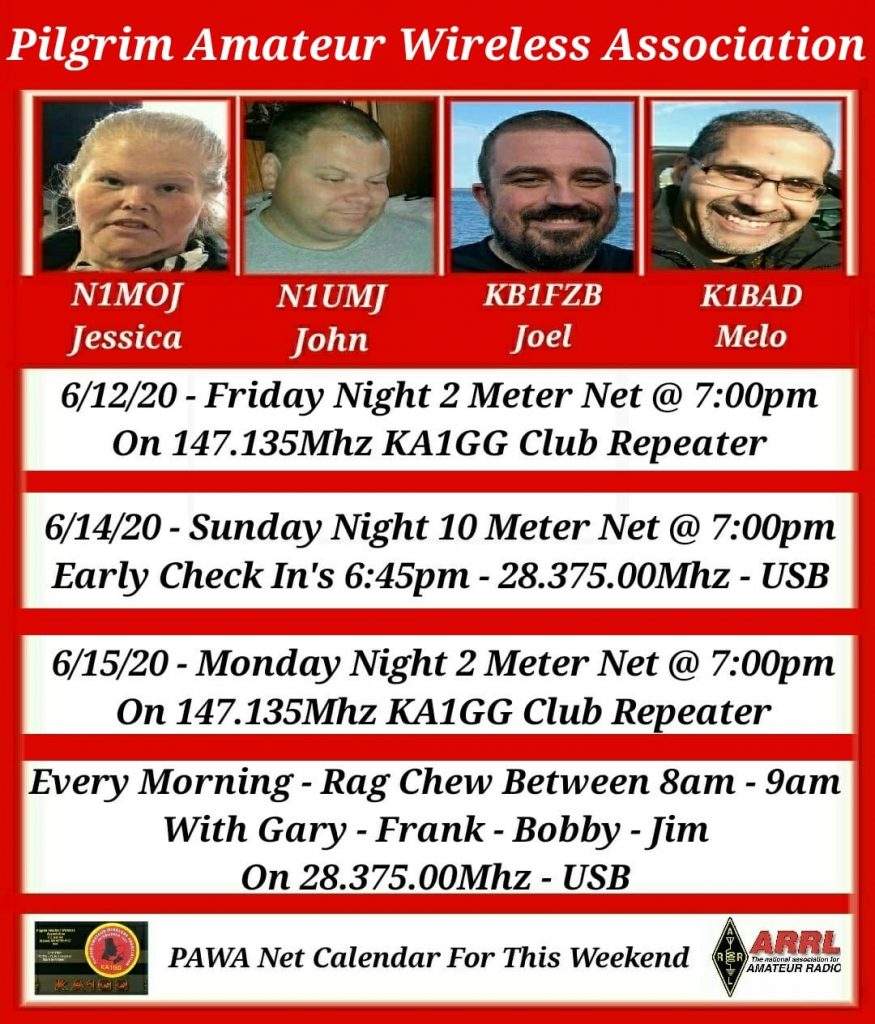
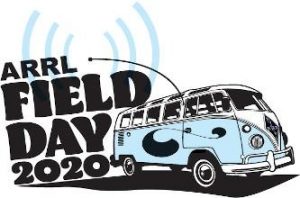 The
The 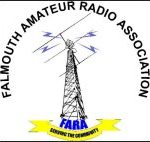
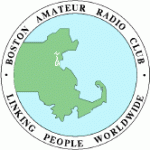 Joe Chapman, NV1W, writes in The SPARC, June 2020:
Joe Chapman, NV1W, writes in The SPARC, June 2020: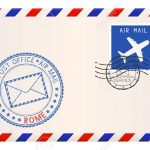
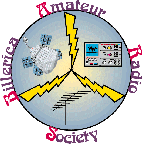 Andy Wallace, KA1GTT, writes on the Billerica Amateur Radio Society website:
Andy Wallace, KA1GTT, writes on the Billerica Amateur Radio Society website: The NCRA will hold its June meeting on Wednesday, June 10, at 8 PM via Zoom. We will have a presentation on the new Field Day rules by Bruce, K1BG, the ARRL EMA Assistant Section Manager, followed by an opportunity for everyone to discuss what they have been doing since the last Zoom meeting on May 13. Jim, WJ1R, will be the Zoom meeting host, and club secretary, Dave, K1HRV, will be sending out the meeting link and password.
The NCRA will hold its June meeting on Wednesday, June 10, at 8 PM via Zoom. We will have a presentation on the new Field Day rules by Bruce, K1BG, the ARRL EMA Assistant Section Manager, followed by an opportunity for everyone to discuss what they have been doing since the last Zoom meeting on May 13. Jim, WJ1R, will be the Zoom meeting host, and club secretary, Dave, K1HRV, will be sending out the meeting link and password.